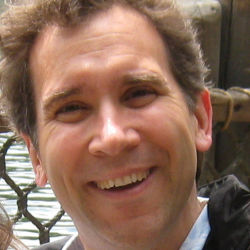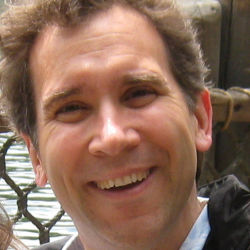BLOG@CACM
Saying Good-Bye to DBMSs, Designing Effective Interfaces
Is Advertising Inherently Deceptive?
What Does a Computer Scientist Do?
Impact, Not Indicators or Artifacts
How We Make Decisions About CS1
Progress in Internet Networking in La
Bridging Cultures For Collaboration
Computer Science Outreach: Meeting the Kids Half-Way
No, We’re Not Losing Our Ability to Think Critically
Correction and Updates on Role of APCS in Undergraduate Enrollment
Shape the Future of Computing
ACM encourages its members to take a direct hand in shaping the future of the association. There are more ways than ever to get involved.
Get InvolvedCommunications of the ACM (CACM) is now a fully Open Access publication.
By opening CACM to the world, we hope to increase engagement among the broader computer science community and encourage non-members to discover the rich resources ACM has to offer.
Learn More












